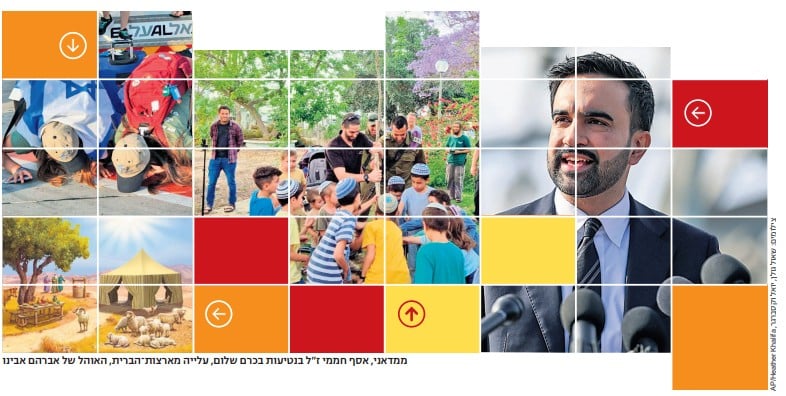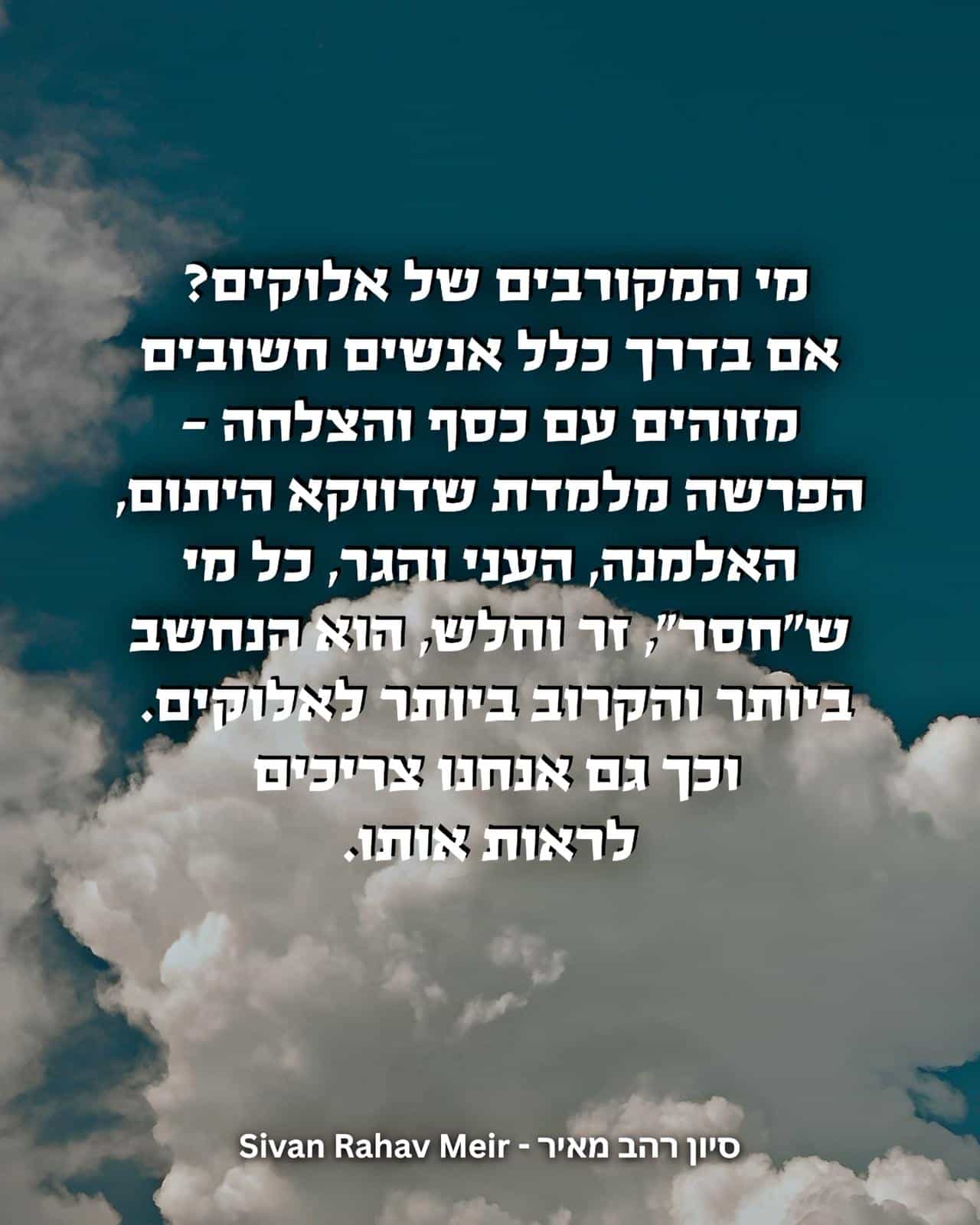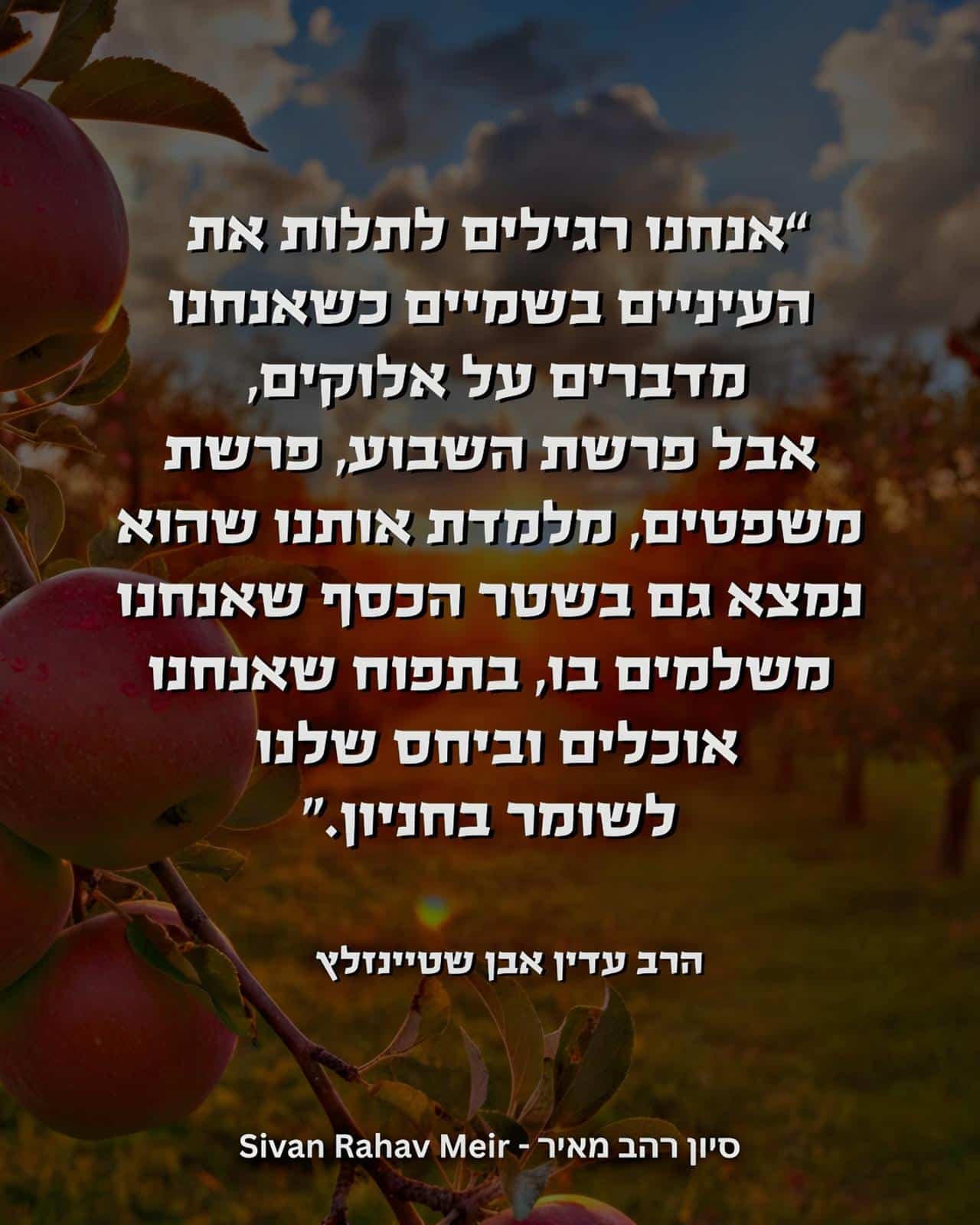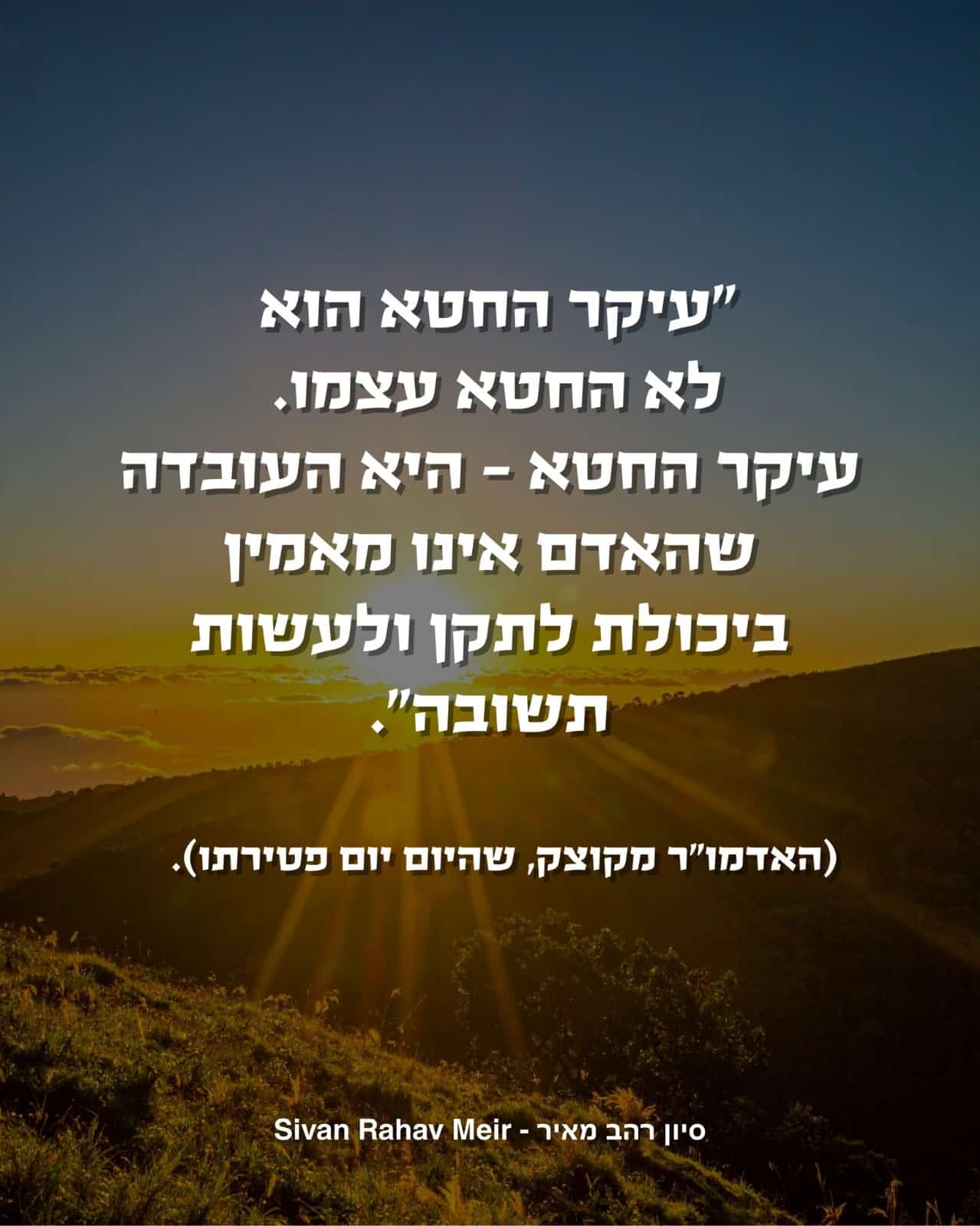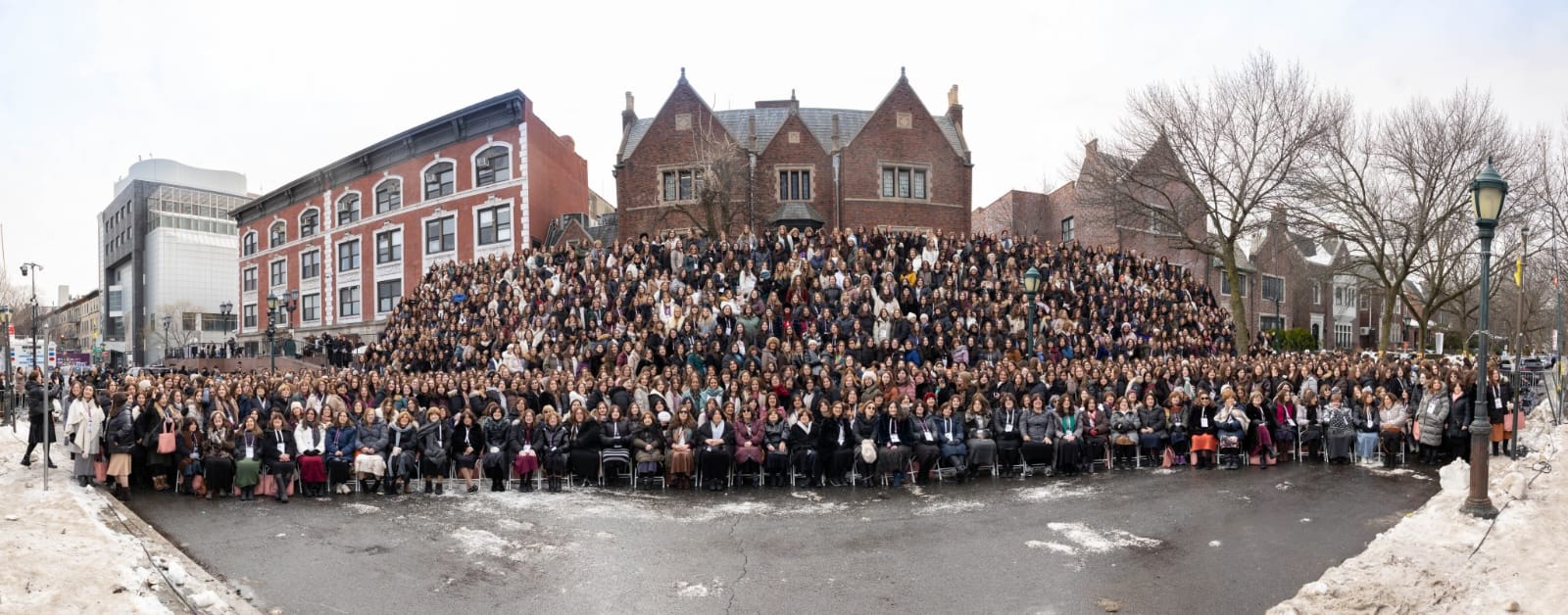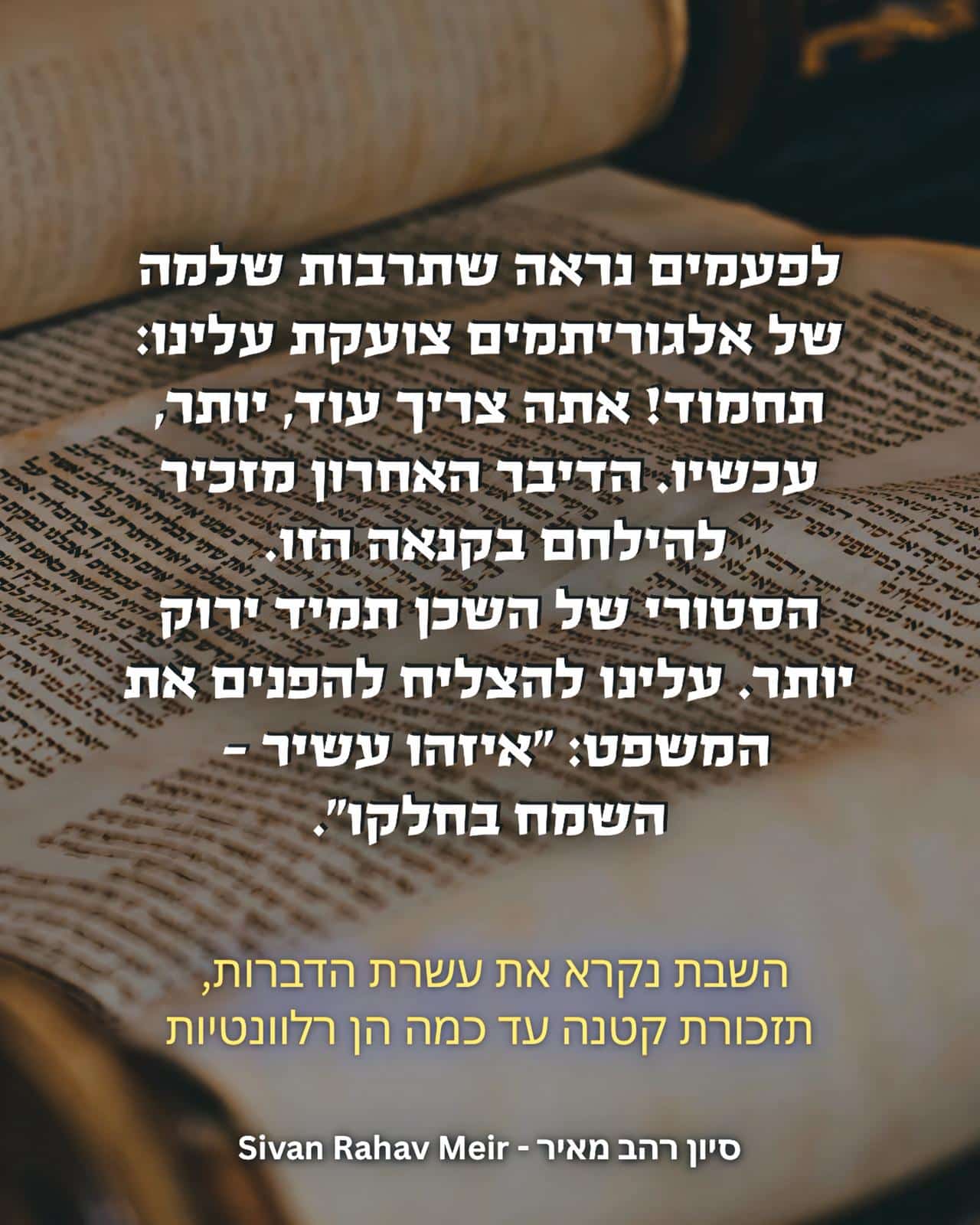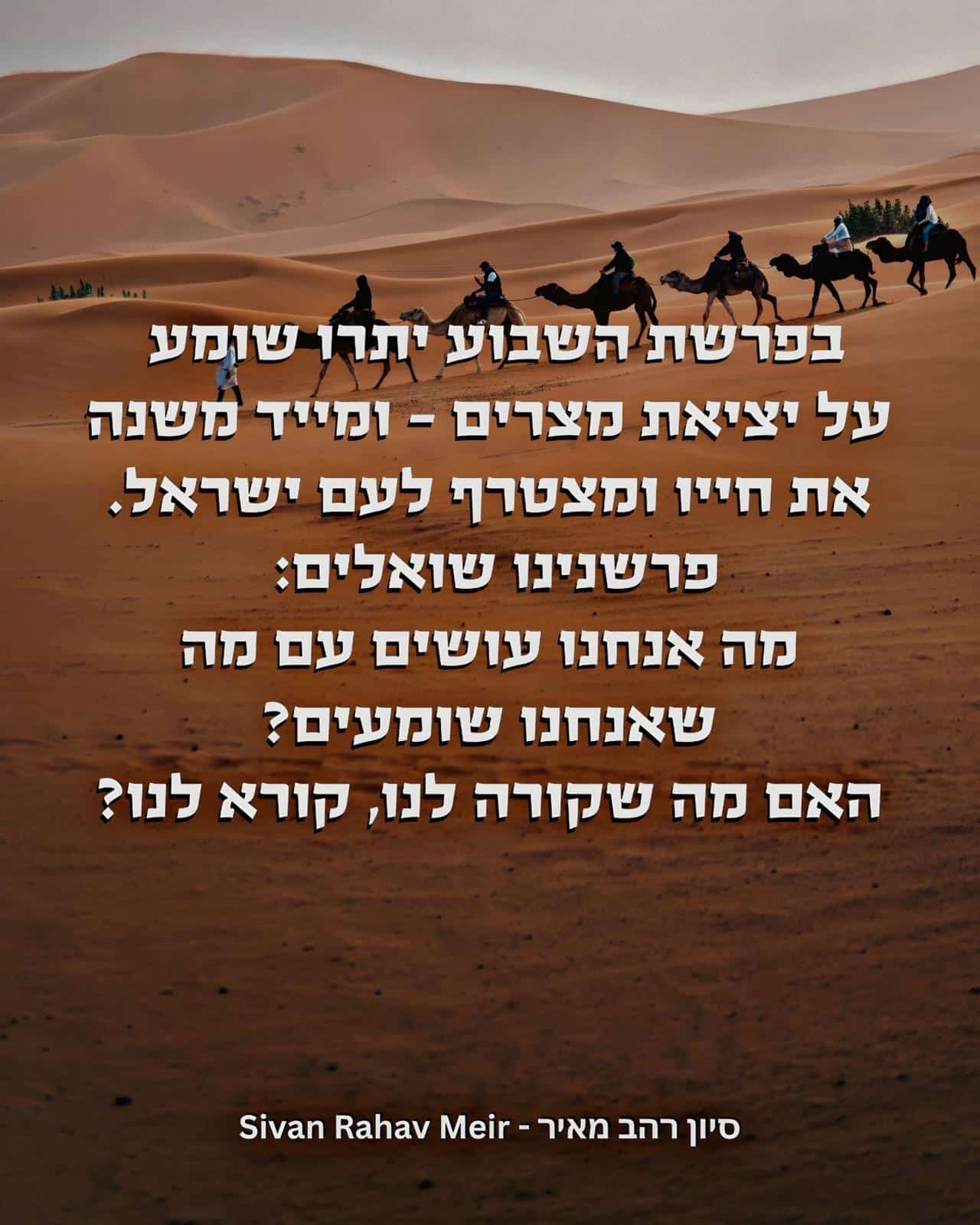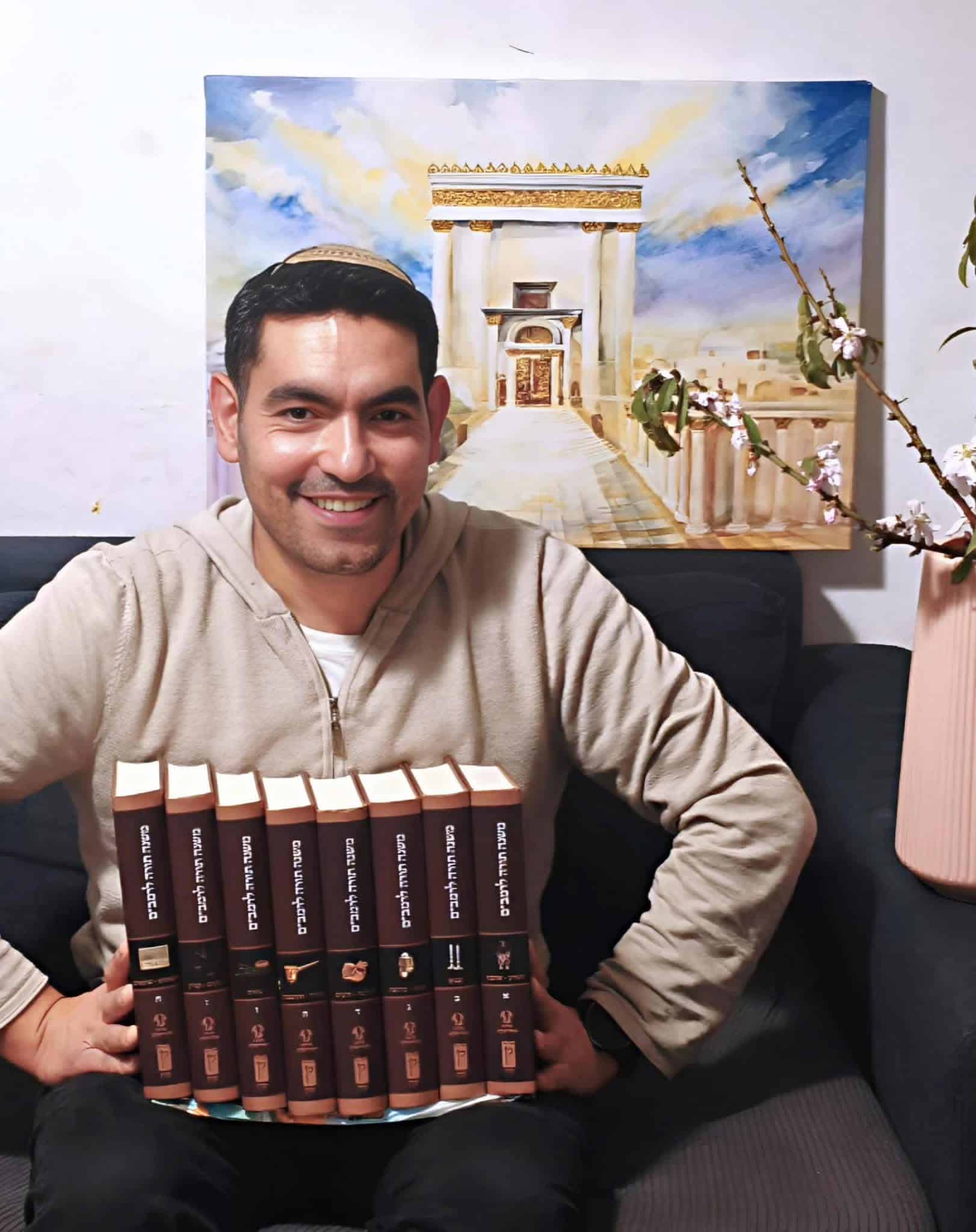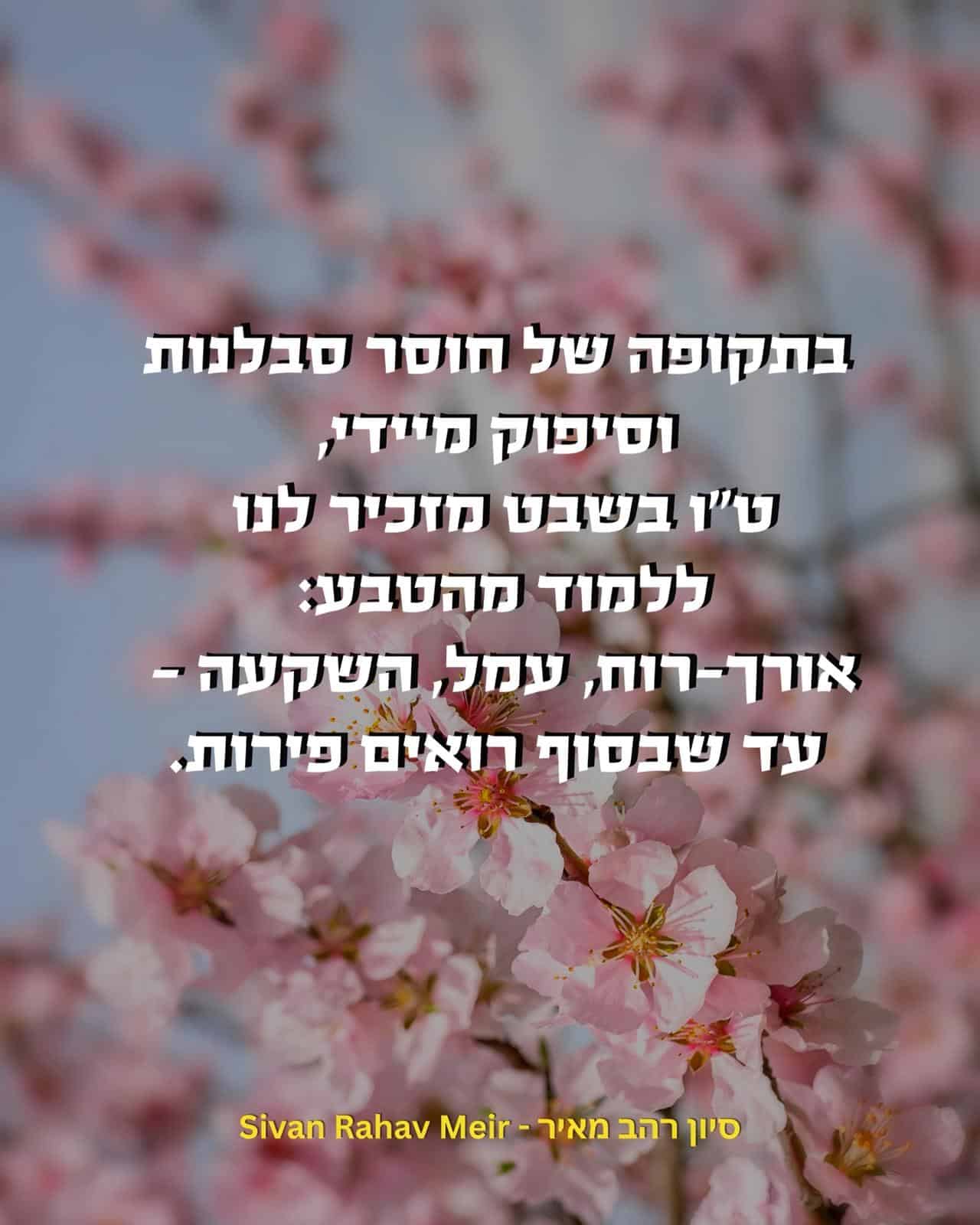1. During the week of November 2024, when the US held its presidential election, I met a sweet boy in the city of Modi’in who had recently made aliyah with his family. “I really hope Harris wins!” he said excitedly. I looked at him in surprise, and he explained: “My grandparents in New York always say that if Harris wins, that’s it, it’s the end of America, and they’re making aliyah.” Trump won. His grandparents are probably still in the U.S. But last week I remembered that boy. What will his grandparents do now?
2. With all due respect, the calls of our politicians since Mamdani’s win to make aliyah immediately sound unrealistic. Most Jews in the world have never visited Israel at all. Read that sentence again before telling them to pack up and move here tomorrow morning. Aliyah is the end of a long process of education, connection, identity, and learning. It begins from age zero, in a Jewish kindergarten, which most Jewish American children do not attend. This is the reason why most of the new olim from North America in recent years tend to be very religious, very Zionist, and already deeply connected. Unfortunately, that is a relatively small group.
3. That said, October 7th has shaken things up. I’ve written often about the “October 8th Jews.” Recently, in an English-language podcast for Tablet Magazine with Prof. Liel Leibovitz, I gave out my personal email and asked people to send me their stories. My inbox was filled with dozens of testimonies. If I hadn’t seen them with my own eyes, I would have thought they were invented. It seems impossible: the Jewish spark awakening, simultaneously, in so many distant brothers and sisters. Here are just a few:
Masha, born in Moscow and now living in San Francisco, wrote that after Simchat Torah she realized she was hiding the news from her daughter — and decided to stop. As a result, the two embarked on a journey of Jewish learning. On Sundays they go to a Judaism class at Chabad. The class is meant for children, but the mother and daughter attend without shame, eager to learn everything from the beginning.
Brad from New Jersey wrote that in response to what was happening in Israel he began to put on tefillin and make Kiddush for the first time in his life. He doesn’t understand the connection; he just feels deep inside that it is the right thing. He also started learning Hebrew, literally from the aleph-bet.
David from Atlanta wrote that he put up a mezuzah on his front door, wears a Magen David necklace, and is thinking about visiting Israel for the first time, because his parents never took him. He’s 50.
None of these email writers know about the other; but together, they tell a story filled with optimism. It’s not only Israeli teenagers who are suddenly excited about Selichot and tzitzit. It’s also fifty-year-olds in California who have never heard a song by Yonatan Razel.
4. Last Shabbat marked the global celebration of the Shabbos Project, launched several years ago by Rabbi Dr. Warren Goldstein, Chief Rabbi of South Africa, and which keeps gaining momentum. Every year he succeeds in uniting millions around the world for a shared Jewish Shabbat. This past Shabbat in New York, it was especially important as large numbers of institutions, synagogues, and communities urged Jews to come together to demonstrate a strong, public Jewish identity, and to stand with Israel in the face of rising hatred and antisemitism.
Will we now see the “November 5th Jews,” in the wake of Mamdani’s election? Will we see more and more awakening, clarity, and light emerging from the darkness?
That also depends on us.
